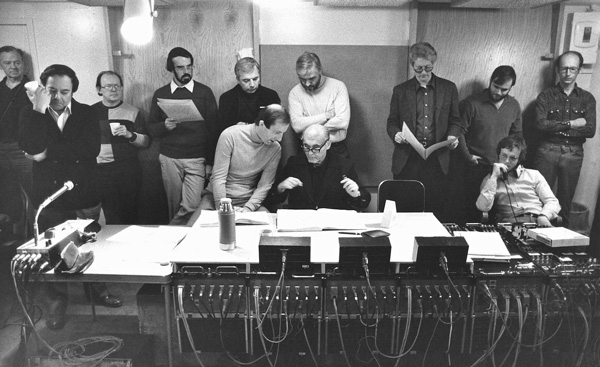| Columns Retired Columns & Blogs |
Like all the great producers, we'll be talking about him and admiring his work decades from now, shaking our heads and trying to get younger listeners to believe us when we tell them that giants once walked the earth . . .








































